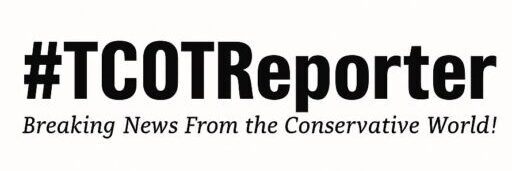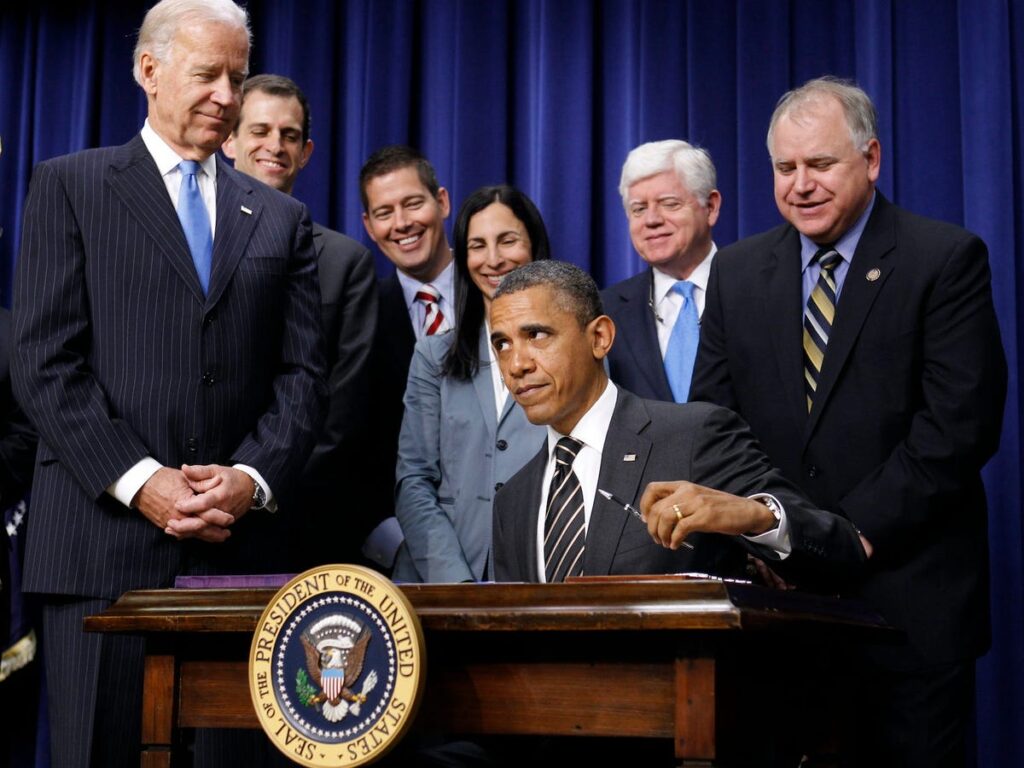The $200 Loophole: How Congress Turned Insider Trading into a Late Fee
In Washington, every scandal eventually becomes a billing category. The STOCK Act was supposed to end the insider-trading free-for-all on Capitol Hill. What it actually created was a bureaucratic punch-card: file your disclosures a little late, write a $200 check to the Clerk of the House, and carry on diversifying your portfolio of moral hazards.
The Illusion of Accountability
Passed in 2012 with bipartisan fanfare, the STOCK Act required members of Congress to disclose trades within 45 days and barred them from using non-public information for profit. It looked good on paper—because that’s where it stayed.
More than a decade later, the law’s enforcement mechanism amounts to a courtesy reminder. Late filers rarely face fines, and when they do, the penalty is less than a parking ticket. The result is an ethics system that confuses transparency with bookkeeping.
The Bipartisan Investment Fund
The offenders span both aisles.
- Tom Suozzi (D-NY), back in the headlines this month, faces an ethics complaint for failing to disclose U.S. Treasury purchases and multiple past omissions.
- Val Hoyle (D-OR) missed reporting deadlines twice in September, promising to “do better,” which appears to be the standard congressional compliance strategy.
- Rich McCormick (R-GA) disclosed more than two dozen trades roughly two years late—an impressive demonstration of long-term investing.
- Rick Scott (R-FL) reported $26 million in trades more than a year after the legal deadline, a delay that, if replicated by a retail investor, would likely involve handcuffs.
- Brandon Gill (R-TX) forgot to report up to half a million dollars in cryptocurrency purchases.
- Mike Kelly (R-PA) drew a formal rebuke from the Ethics Committee for undisclosed stock activity and “uncooperative” responses.
In any other job, this level of compliance would be grounds for termination. In Congress, it’s grounds for reelection—and maybe a CNBC segment on personal finance.
The Math of Impunity
The STOCK Act’s deterrent power depends on proportional pain. Instead, it offers proportional paperwork. There are roughly 535 members of Congress and fewer than a dozen enforcement staffers. In the last five years, hundreds of late filings have resulted in fines totaling less than a single congressional salary. The system has achieved what every bureaucracy secretly wants: perfect equilibrium between appearance and impotence.
Watchdog groups have documented the absurdity for years. Unusual Whales tracks violations with the precision the government lacks, while bipartisan proposals to ban trading outright (the ETHICS Act, the PELOSI Act, pick your acronym) stall in the same committees whose members keep violating the current rules. Oversight can’t pass itself.
The Economics of Trust
For the public, the damage isn’t just financial—it’s cognitive. When legislators treat ethics as a subscription service, trust erodes faster than the 401(k) they’re front-running. The STOCK Act was meant to prove that Washington could police itself. Instead, it proved that self-policing is an oxymoron with a disclosure deadline.
Even now, defenders call the violations “minor oversights.” Maybe so. But when you’re sitting on inside knowledge of defense contracts or interest-rate changes, “oversight” is not a word that should appear anywhere near your job description.
The System Working as Designed
The genius of the modern Congress is that it never actually breaks its own rules—it just rewrites them in crayon. The STOCK Act hasn’t failed; it’s functioning exactly as intended: as a symbolic gesture that converts corruption into compliance paperwork.
Ethics isn’t about virtue anymore; it’s about timing.
BREAKING
On October 25, 2025 Rep. Debbie Wasserman Schultz (D-FL), Rep. Susie Lee (D-NV), and Sen. Markwayne Mullin (R-OK) have been credibly demonstrated to have bought stocks that were positively affected by committees they sit on.
Further demonstrating the failure of The STOCK Act to curtail anything this is at least the fifth such violation for the chronically ethically challenged Florida congresswoman.
Citations
- New York Post – “Long Island Dem Rep. Tom Suozzi slapped with ethics complaint over alleged STOCK Act violations” (Oct 3 2025)
- Oregon Live – “Rep. Val Hoyle admits STOCK Act violation” (Sept 2025)
- OpenSecrets – “Congressman Rich McCormick files delayed trade reports” (Sept 2025)
- FactCheck.org – “Rick Scott stock trade claims explained” (Sept 2025)
- Houston Chronicle – “Brandon Gill crypto disclosure delay” (Sept 2025)
- House Ethics Committee Report – Rep. Mike Kelly (Sept 2025)
- Unusual Whales 2025 Tracker – Congressional STOCK Act Violations (Accessed Oct 2025)

